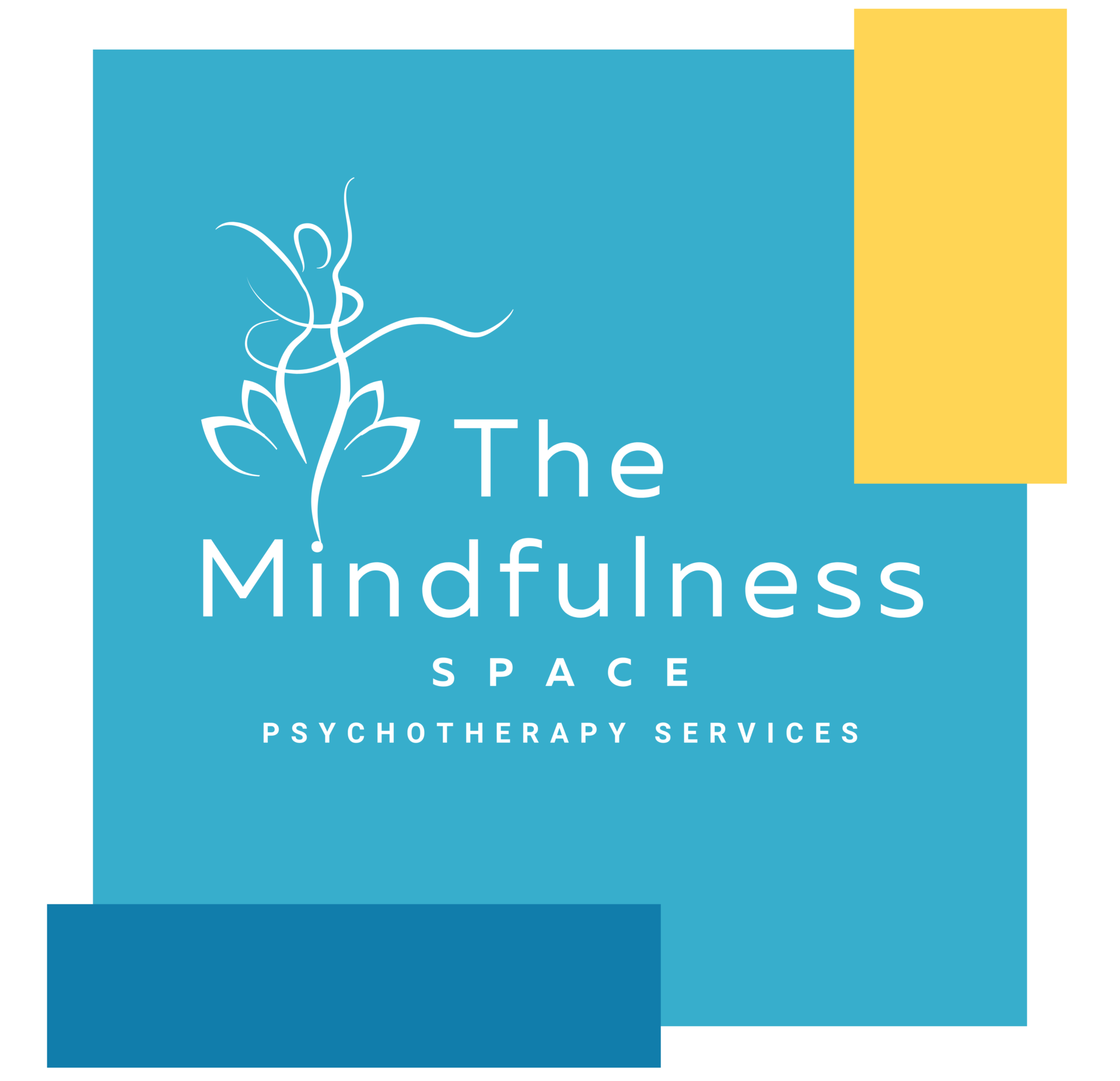Every now and then I get asked the question, Why do you use Dialectical Behavioral Therapy or DBT to help treat eating disorders or help client’s who have developed very unhealthy relationships with food? I always respond by sharing that in addition to Borderline Personality Disorder, DBT has been adapted and well researched to be an effective treatment for a variety of mental health disorders, including eating disorders, such as Binge Eating Disorder (BED) and Bulimia Nervosa (BN).
In fact, I often cite the 2001 study, Dialectical Behavior Therapy for Binge Eating Disorder published in The Journal of Consulting and Clinical Psychology, by Telch, Agras, and Linehan, which found that DBT significantly reduced binge eating episodes and led to improvements in eating behaviors, as well as lead to improvements in emotional regulation in individuals with BED.
Similarly, a study by Safer, Telch, and Agras (2001) demonstrated that DBT was effective in reducing binge eating and purging behaviors in individuals with bulimia nervosa. Participants also showed improvements in emotional regulation and decreased symptoms of depression and anxiety.
What is DBT?
DBT is a therapeutic treatment that was developed by Dr. Marsha Linehan to treat individuals who have chronic difficulties with emotional regulation and tolerating distressful situations. DBT combines cognitive-behavioral techniques with concepts of mindfulness and acceptance from Buddhist traditions.
How Does DBT Help with Eating Disorders?
Disordered eating behaviors or having an unhealthy relationship with food can manifest itself in various ways, such as frequent urges to engage in compulsive or emotional overeating that are hard to control. On the opposite end, it can also look like severely restricting food. These unhealthy behaviors around food are rarely about the actual food itself. Often, they stem from underlying issues in our lives that throw us off balance, such as feelings of sadness related to depression, anxiety, trauma or distress.
For many, food becomes a way to regulate these emotions. However, using food to manage distressful emotions can carry significant negative consequences, such as adverse medical consequences, further complicating existing medical conditions, and/or negatively impacting or ability to function on a daily basis and our overall quality of life.
DBT offers a set of skills specifically designed to help individuals relearn how to regulate their emotional responses to “triggering situations” and better tolerate distress without resorting to harmful behavioral patterns, including harmful behaviors around eating.
Furthermore, DBT is grounded in something called the Biosocial Theory, which posits that emotional dysregulation arises from a combination of biological or genetic vulnerabilities, i.e. having a more compulsive personality and brain functioning, and social or environmental stressors that help to shape the way we naturally respond to situations, for example, a history of childhood trauma or emotional invalidation. Biosocial Theory helps to explain why some people might be more prone to turning to the compulsive overconsumption of food, restricting food, or other “problematic” and potentially harmful behaviors in attempts to cope with their emotions.
What Does DBT for Eating Disorders Look Like?
Here are the four main modules of DBT skills and how they can help you manage an unhealthy relationship with food:
1. Mindfulness: Mindfulness skills help individuals to become more aware of their thoughts, feelings, and urges without judgment. This awareness can help you to pinpoint and “name” emotions, as well as recognize when you are using food to cope with these emotions, and begin choosing more effective strategies to manage them. Mindfulness in addition to somatic therapy can also help people to begin reconnecting with their body’s internal hunger and fullness signals, which are often lost or missed due to constantly being in a state of nervous system dysregulation.
2. Distress Tolerance: These skills teach individuals how to tolerate and survive crises without resorting to unhelpful or problematic behaviors. Techniques such as self-soothing and distraction can help manage the intense or “big” emotions that might otherwise lead to binge eating or food restriction.
3. Emotional Regulation: Emotional regulation skills help individuals understand and reduce the intensity of their emotions. By learning to identify and label emotions, individuals can respond to them in healthier ways, reducing the need to use food as a coping mechanism.
4. Interpersonal Effectiveness: These skills focus on improving relationships and communication. Better relationships can reduce the stress and emotional turmoil that might lead to unhealthy eating behaviors.
How to Join a DBT Group
The Mindfulness Space Therapy in Greensboro, NC is now accepting clients for our Summer DBT Skills groups! We offer two specialized groups: one focused on Binge and Emotional Eating, and another Foundational DBT Skills group for clients needing additional support in better regulating emotional responses and may not be suitable for the eating disorder group at this time.
Our DBT skills groups are psycho-educational, not processing groups. Clients will learn how to analyze and recognize problematic behaviors, and develop new ways to manage distress weekly. If additional processing is needed, clients are encouraged to schedule individual therapy sessions in addition to the group. Weekly phone coaching is available as needed in order to support clients in building and reinforcing skills learned during sessions.
The Mindfulness Space is an in-network provider with many insurance plans, including Cigna, Aetna, United Healthcare, United Behavioral Health, and Optum. Contact us today to learn more!
Do you need guided support surrounding recovering from Binge or Restrictive eating patterns? The Mindfulness Space is here to help!
Stefanie Lawson is a licensed therapist with nearly a decade of clinical experience and owner of The Mindfulness Space therapy in Greensboro North Carolina, where she maintains specialized education and training in treating the underlying depression, anxiety, stress or unresolved trauma that often leads to eating disorders and issues concerning body image dissatisfaction (i.e. Body Dysmorphic Disorder) in adults and transitional aged teens (older teenagers who are transitioning into adulthood).
Schedule your free 30 minute consultation call with The Mindfulness Space today to learn more about how we can help you!
More from the mindfulness space…
Am I Dating a Narcissist?
Take the Quiz Here!

Shop with The Mindfulness Space!
Every purchase goes towards helping The Mindfulness Space provide accessible therapy for clients!









